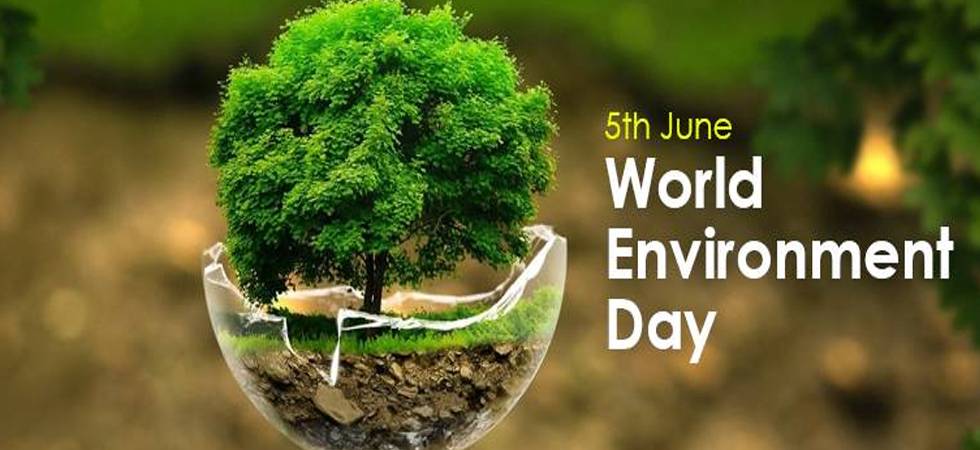Message on World Environment Day

Environmental sustainability is the defining challenge of our time. The resilience and sustainability of the modern world require that the key issues being faced by environmental degradation and Climate Change today are well addressed with the right policy interventions and adoption of suitable adaptation and mitigation strategies. However, sound planning and policy require provision of environmental data and information which is patchy and scattered in Pakistan.
At UNDP’s Generating Global Environmental Benefits (GEB) project our aim is to remove the barriers to environmental information management and mainstream global environment concerns into economic decision-making. The objectives of the project are two-fold in its focus; one related to environmental information, and the other to employ this information for improved decision-making. The provision of data and information as well as its application for decision making is a challenging yet extremely important task. Inadequate provision of data and information lead to misinformation to public and could also misguide the policy makers.
As an example to this, consider the China-Pakistan Economic Corridor (CPEC) project. CPEC is an ongoing mega development project which aims to connect Gwadar port of Pakistan to China’s northwestern region of Xinjiang. The corridor is expected to be a strategic game changer for the region that aims to make Pakistan an economically viable and business-friendly country. Several large-scale investments in infrastructure, energy and industrial growth projects are currently in-progress, which are expected to further fasten the targeted economic growth of the country. Despite the benefits of CPEC to Pakistan, a vast majority of population believe that these projects may cause environmental degradation of Pakistan. Most of the energy projects are coal based and may raise the emissions. Sahiwal coal fired power plant is the first energy plant that has become operational under the CPEC portfolio and was investigated for the concerns.
Contrary to the public belief, the Environmental Monitoring reports for the subject plant show that the emissions of Sahiwal Coal plant are way below the National Environmental Quality Standards (NEQs). The results of continuous emission monitoring system show SO2 emissions for the subject plant to be 95.72 mg/ the NEQs limit is 1700 mg/. NOX emissions for the subject plant are reported to be 162.11 mg/ whereas the NEQs limit is to be 1200 mg/. Similarly, Hg emissions were reported at 0.0076 mg/, and the NEQs limit is 10 mg/. The above example clearly demonstrates the difference between myth and reality. It is only through the provision of data that we can debunk the myths/negative narratives and make informed decisions on the basis of right data and information. Projects like GEB have an imperative role to play as they may streamline data and information management in Pakistan and thus contribute positively to planning and policy making.

National Project Coordinator - GGEB